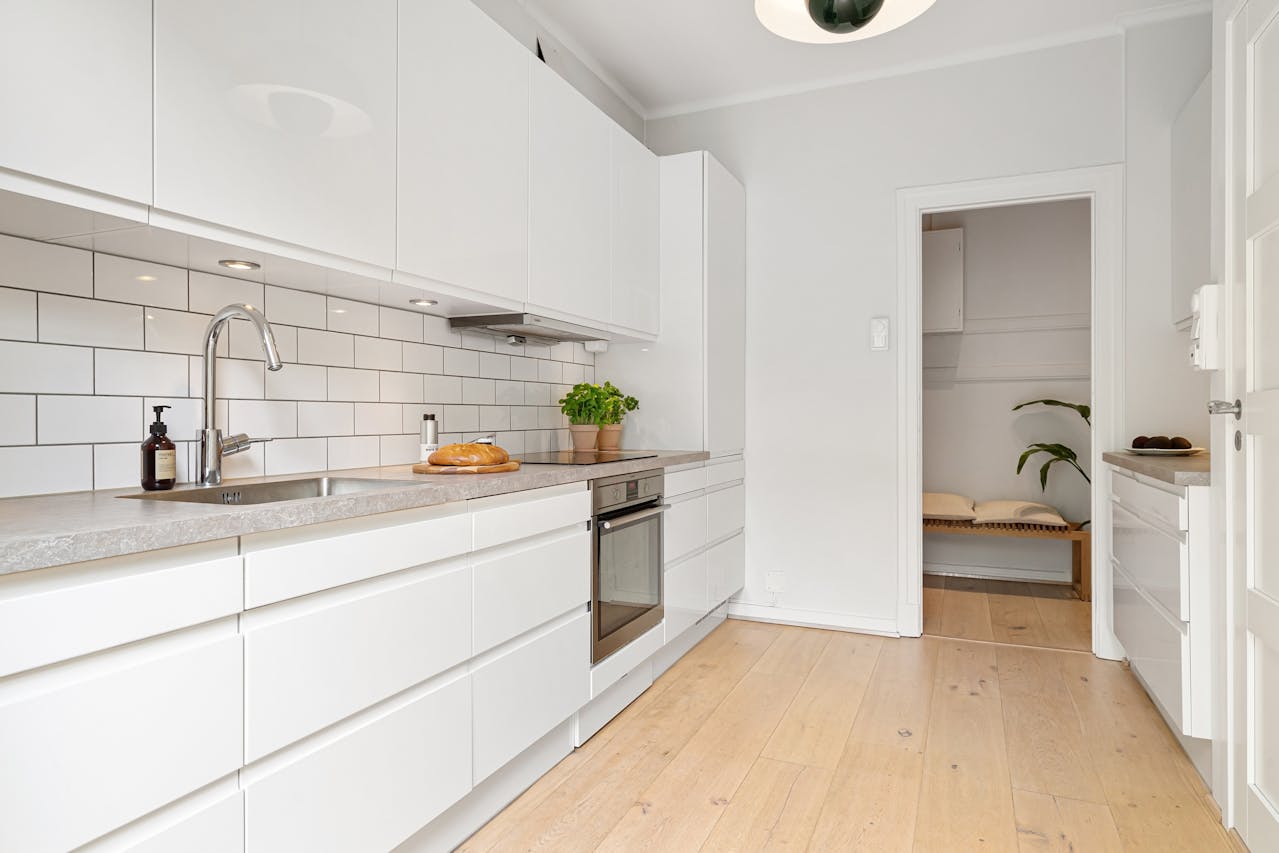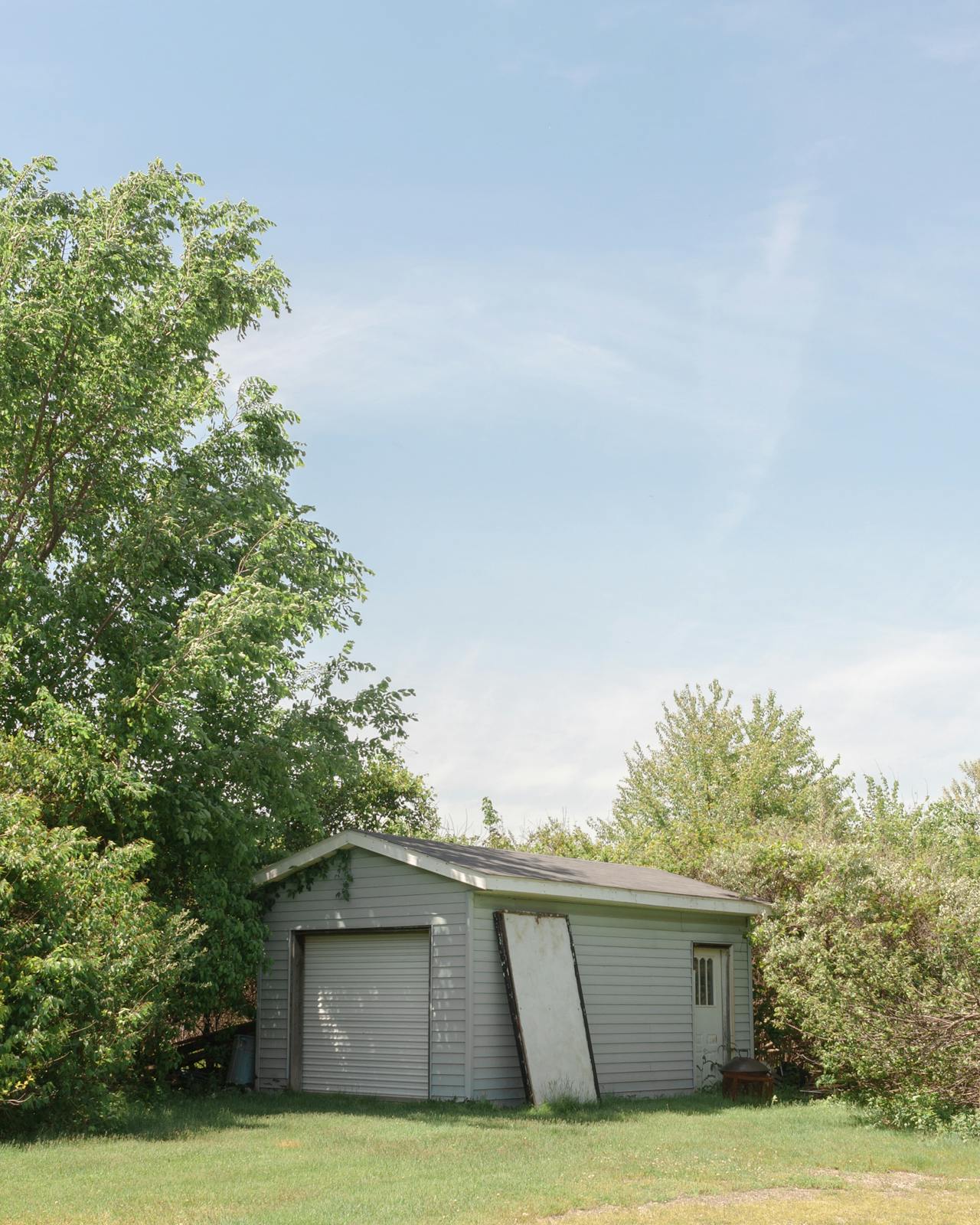Bermuda grass is a unique type of turf that flourishes during the hot seasons. It has its origin in Africa, and now it’s among the most dominant turf types in the United States. Among the reasons behind this grass, dominance is its low price and quick development. Unfortunately, this fast growth comes with a need for regular mowing, portraying the turf’s con.
All in all, those wondering how to plant Bermuda grass seed should be aware of the turf’s unique spreading ability. Besides that, the grass is known for its bright green color that highly flourishes in warm climates. However, in cold environs or during winter, the turf greys and becomes dormant.
Dormancy prolongs until significant rainfall is experienced. When the temperatures hit about 65 degrees Fahrenheit, the grass becomes greener and flourishing begins. However, shady regions may have undesired patchiness, making the grass a less suitable option in such areas.
How to Plant Bermuda Grass Seed – Step By Step Guide
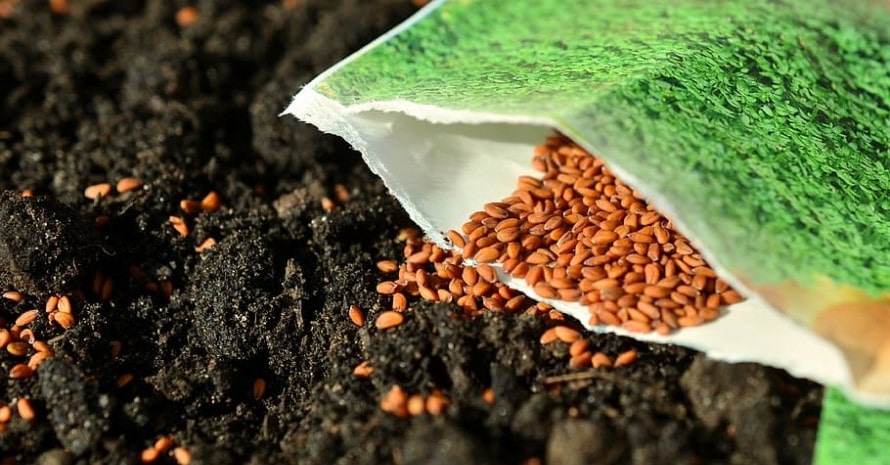
As noted earlier, the grass flourishes in hot climates; therefore, you have to live in such regions. Unfortunately, this comes as a disadvantage for people living in regions with freezing temps.
Luckily enough, the availability of hybrid Bermuda grass enables such people to acquire cold-resistant turf, which is overly costly. That said, let’s get started and learn how to plant Bermuda seed grass in 6 easy steps.
?Step 1 – Land Preparation
Extensive tilling is a vital necessity as it makes Bermuda grass grow free of competition. Raking is also essential here, and so is testing for soil pH – Bermuda grass excels under pH 5.6 to 7 soils.
Liming and sulfur addition can be used to amend highly acidic and highly alkaline soils, respectively. Lastly, ensure the soil has an ideal portion of organic matter, and in the event, this isn’t the case, you must add some humus.
?Step 2 – Raking the Lawn for Levelling Purposes
This sounds like the final land preparation stage. However, raking helps keep your lawn leveled after tilling. It provides an ideally flat surface for even germination.
?Step 3 – Planting Your Seeds
Machine usage is highly advisable when you are working on considerably large lawns, although hand spreading is possible for small surfaces. All you need is 1 pound of Bermuda grass for a 1000 square feet area. During the process, try the best to maintain uniformity.
?Step 4 – Covering the Seeds with Soil
Apply about a 0.25-inch soil cover. More soil can inhibit growth, and using a rake in the process is highly advised.
?Step 5 – Water the Seeds
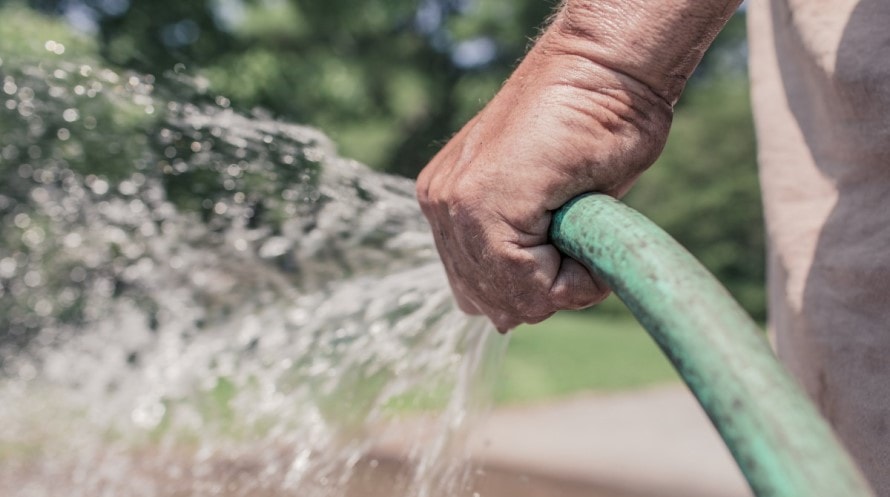
Despite the turf excelling in hot climates, a lot of watering is required during seed germination. Frequent moisturizing is, therefore, a necessity that reduces as the grass matures.
?Step 6 – Fertilizer Application
Having done a soil test will ease your fertilizer application process. Finally, under the perfect conditions, 10 to 30 days are enough for Bermuda grass to germinate.
The Best Time to Plant Bermuda Grass Seed
This warm-season turf needs plantation in spring when average temperatures are around 65 degrees Fahrenheit. Fortunately, hotter climates are a non-issue here if you maintain the right moisture levels.
How to Plant Bermuda Grass Seed on Existing Lawn
The presence of other grass sorts hinders Bermuda turf germination. It is, therefore, highly advised to remove these grass completely before planting Bermuda turf. In such cases, extensive tilling is the most preferred option. During the process, the rate of germination of Bermuda grass is highly boosted.
Summing Up: How to Plant Bermuda Grass From Seed
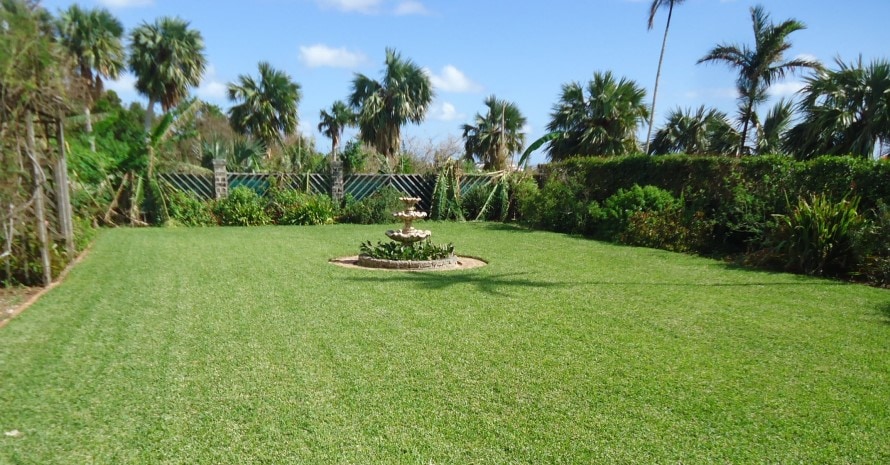
Bermuda grass is the best-known drought-resistant turf. It has gained popularity in golf courses, home lawns, and athletic fields due to its unique color and favored climate. For those wondering, “What is the best Bermuda grass seed,” here are some tips.
Ideal Bermuda grass seeds must be free of other turf seeds, and they have to be fresh – the test germination date should be within the year. Finally, are you wondering about how to care for Bermuda grass? Comment in the section below, and I will answer all of your questions.
